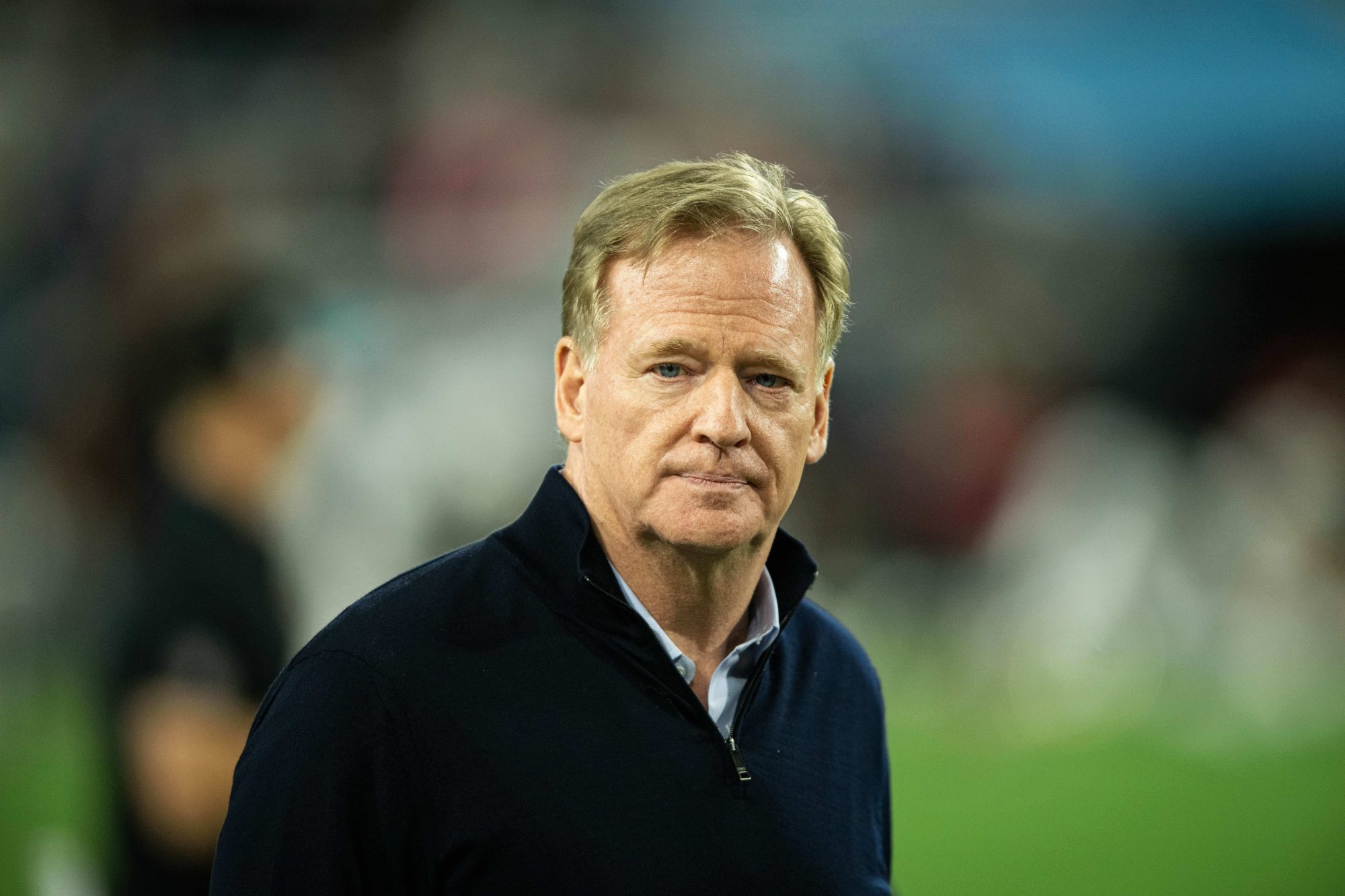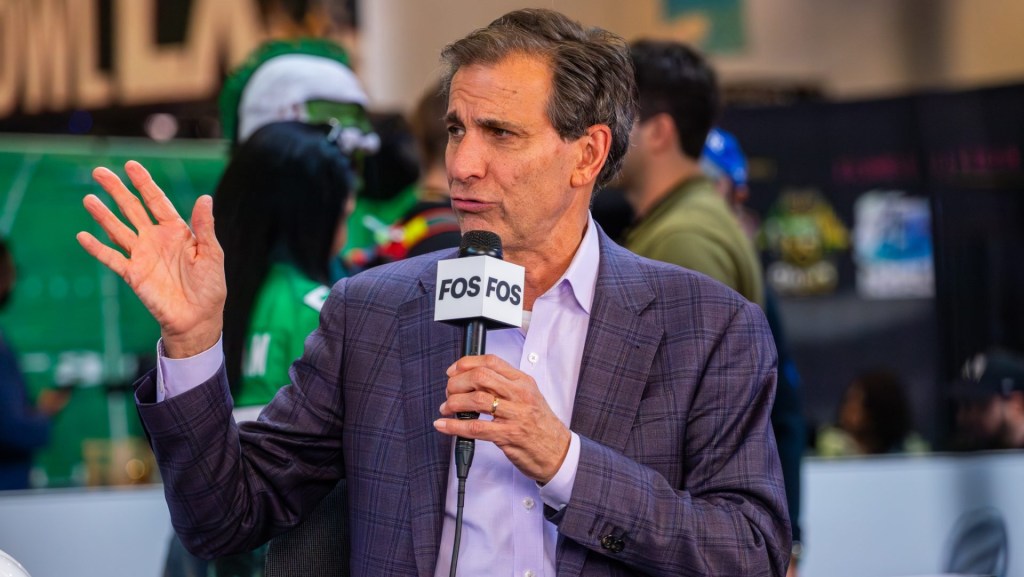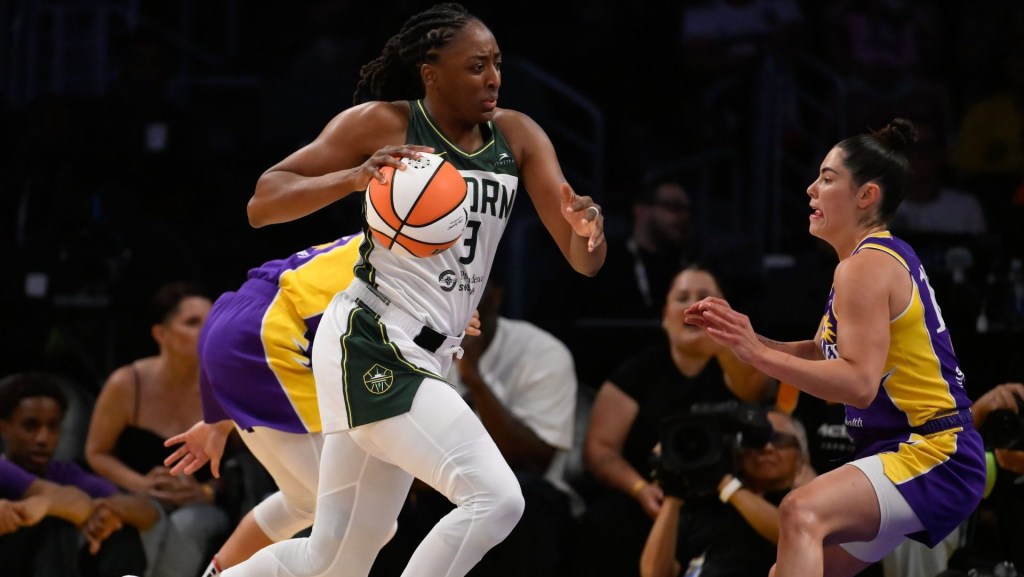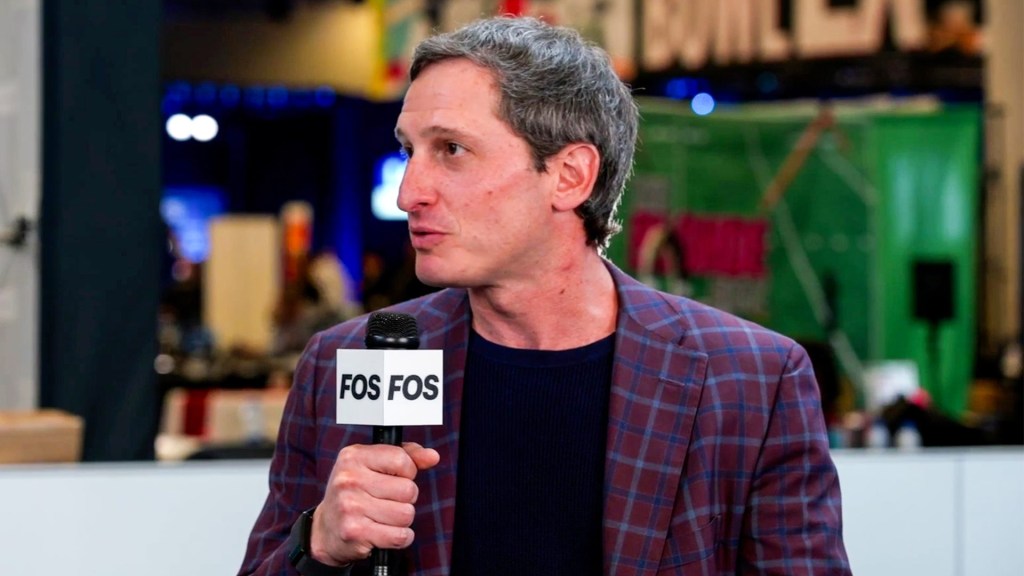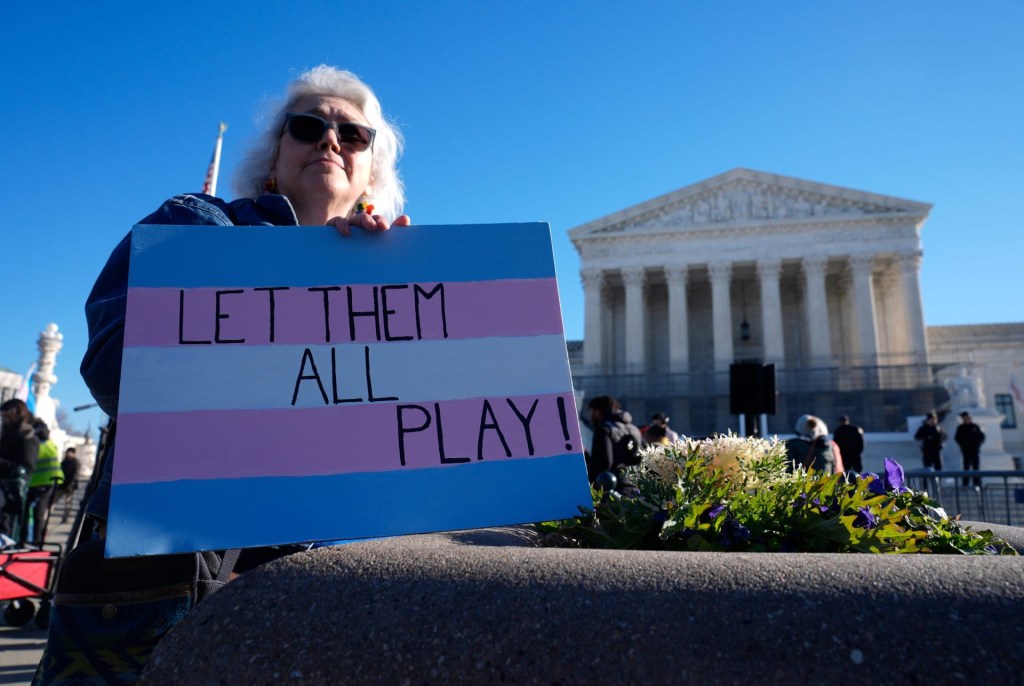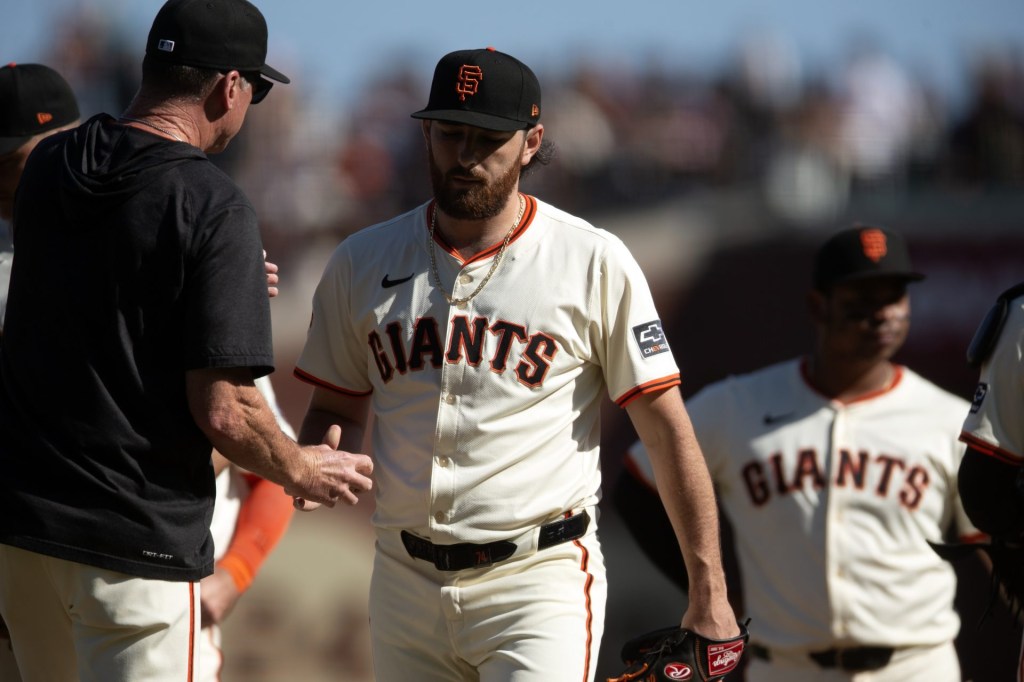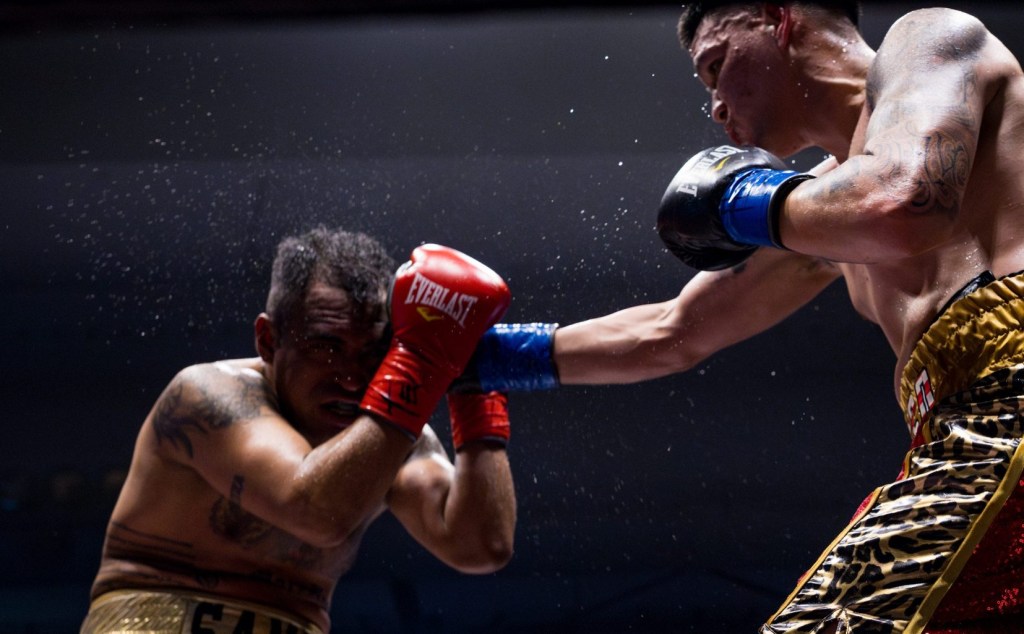Only 18 months ago, NFL commissioner Roger Goodell questioned whether there is a link between concussions and long-term neurological damage, according to a recently unsealed transcript of a 2022 deposition taken in a lawsuit tied to the league’s head injury settlement, which has thus far paid out over $1.3 billion to thousands of ex-players who allege their brain maladies were caused by football.
In the nearly nine-hour deposition from July 13, 2022, which was sealed until Saturday, when it appeared on a court docket, the commissioner said that there was a positive for the league when a player leaves his brain to science after committing suicide; he compared the risks associated with playing contact sports to walking down the street; and he expressed great frustration with the media’s coverage of head injuries, saying, “They misstate, they misrepresent things, and when they do that, they add to a narrative that I think is unfair and unfounded.”
Goodell’s deposition is one of a dozen-and-a-half that were unsealed over the weekend in a case brought by insurance companies suing to avoid covering the cost of the 2016 settlement, which ended a massive class action litigation brought by former players. That case settled before discovery commenced, making the deposition transcript drop by far the greatest public disclosure of the league’s internal deliberations around concussions since the first lawsuit was filed 13 years ago.
One of the insurers’ positions is that the NFL should not have settled because, they claim, there is no scientific evidence of causation between concussions and brain damage. The NFL is in the position of trying to straddle the causation issue because the league agreed to the settlement but also does not want to concede that playing football could lead to lifelong cognitive problems.
“As you sit here today, sir, do you know whether there is any medical consensus regarding whether concussions result in long-term damage to NFL players who sustain concussions while playing in the NFL?” the insurers’ counsel asked Goodell, to which he replied, “I think there’s still a great deal of uncertainty about the causation issue, if that’s what you’re referring to.”
The commissioner appeared to be contradicted by his own general counsel, Jeff Pash, who when asked the same question in his deposition answered, “I think we’ve said that there can be long-term effects.” The insurers’ counsel then asked Pash, “And are you aware that Commissioner Goodell testified that the causation has not yet been established regarding long-term effects of concussions as it related to concussions sustained by players during their playing days?” Pash replied that he had not been briefed on Goodell’s testimony. (New York Giants owner John Mara also acknowledged the associated risks in his deposition, saying: “It’s my understanding that repeated concussions can be very dangerous. As to what specifically they can cause, I’m not qualified to speak to that.”)
There is, of course, a generally accepted medical opinion that there is a connection between mild traumatic brain injuries and later cognitive maladies, even while it is true that definitive scientific proof of causation has not been established—not unlike the connection between smoking and cancer, which is, medically, widely agreed upon. (The NFL wrote in a statement provided to FOS on Tuesday: “The league’s position remains unchanged. Player health and safety is a top priority of the NFL, as the Commissioner testified and has long stated. The NFL has made and continues to make great strides to try to make the game safer for its players, including through rule changes, equipment advances, and by donating to and supporting critical scientific and medical research.”)
Goodell’s stating that there is uncertainty surrounding whether MTBIs are the spark for later-in-life neurological disorders would appear to feed into the insurers’ position that the NFL should have brought the concussion case to trial rather than settling. Elsewhere, the commissioner appeared to surprise the insurers’ counsel in answering a question about players who commit suicide and leave their brains to science.
The counsel asked him, “Did you find it an issue of concern for the NFL that multiple NFL players committed suicide and left notes indicating that they wanted their brains studied, to determine whether their injuries resulted from their play in the NFL?” And Goodell replied, “I’m not sure I would agree with that entire statement. I think players who want to participate in the research necessary to advance science is a positive thing for us. Obviously, the circumstances are incredibly unfortunate.”
The insurers’ counsel asked back, “So, you think that the players who left notes and said, ‘I want my brain studied’ was a positive development towards science?”
Goodell answered, “When you have research and brains can be studied … hopefully something good comes from that and in discovery. That’s how science advances. Obviously, as I stated, the unfortunate circumstances of anybody committing suicide are horrific in and of themselves. But there are a lot of factors that probably go into that.”
Speaking at another point in the deposition about the NFL’s efforts to make the game safer, Goodell said, “We all know there’s risks with playing football and other sports. There’s risks to walking down the street.” That line evokes his press conference remark before Super Bowl 50, in 2016, when he said there were risks, too, in sitting on a couch.
Also unsealed over the weekend: the deposition transcript from Goodell’s predecessor, Paul Tagliabue. During Tagliabue’s legal interview, he claimed not to remember one of his most infamous lines, when in 1994 he told an audience in New York, at the 92nd Street Y, that concussions were a “pack journalism issue.”
“As you sit here today, do you recall commenting in that program that the concussion problem was a pack journalism issue?” the insurers’ counsel asked. Tagliabue’s reply: No. “Well, in the last X number of years, it’s been asserted that I made some statements at that meeting, and I don’t recall making the statements or not. But if someone says I made them, I’ll accept the fact that I made them, but I don’t remember the context in which I made them.”
Taglaibue, now 83, also testified that he has not seen the 2015 movie Concussion, which depicts the NFL as seeking to cover up the health risks of head injuries. Unsurprisingly, the movie was not a hit in NFL offices. Paul Hicks, the league’s head of communications from 2010 to ’15, said in his deposition, “I thought it was a terrible movie. … Obviously, many other people did, too, since it did poorly at the box office.” But the league was concerned enough about the film’s reception that it hired Republican pollster Frank Luntz to conduct focus groups on the movie, Hicks said.
Like Goodell, Taglaibue said that he has not read any of the former players’ lawsuits against the NFL. In fact, Goodell testified that he was unaware the players’ lawsuits alleged that the league knew about the dangers of head injuries and covered it up.
“Are you aware that the underlying plaintiffs’ lawsuits against the NFL relating to concussions alleged that the NFL concealed information from the players about the medical research that was being done relating to concussions?” the insurers’ counsel asked, to which Goodell replied, “I’m not aware of that specific issue, no.”
All the parties involved in the lawsuit have motions before the New York state court asking the judge to rule in their favor. It is as part of that process that the judge agreed to unseal the transcripts, though parts were still redacted. The case was first filed in 2011 as a pre-emptive move by the insurers, after the first lawsuits were filed. The case was largely stayed until after the settlement, and it has been slowly progressing since.
